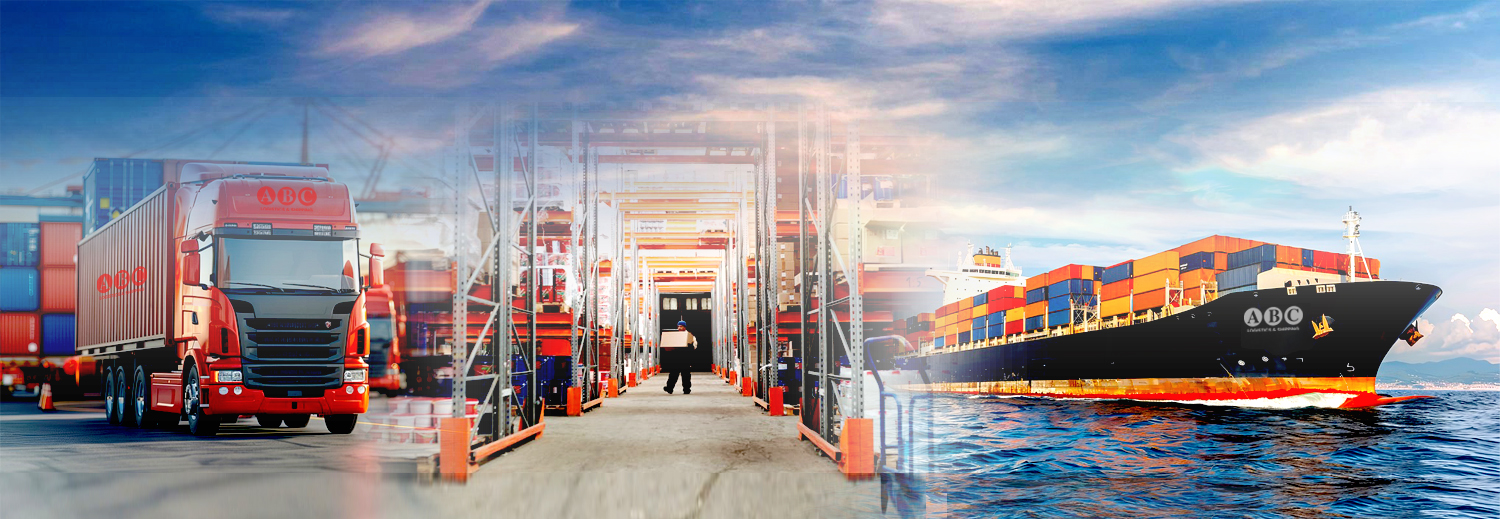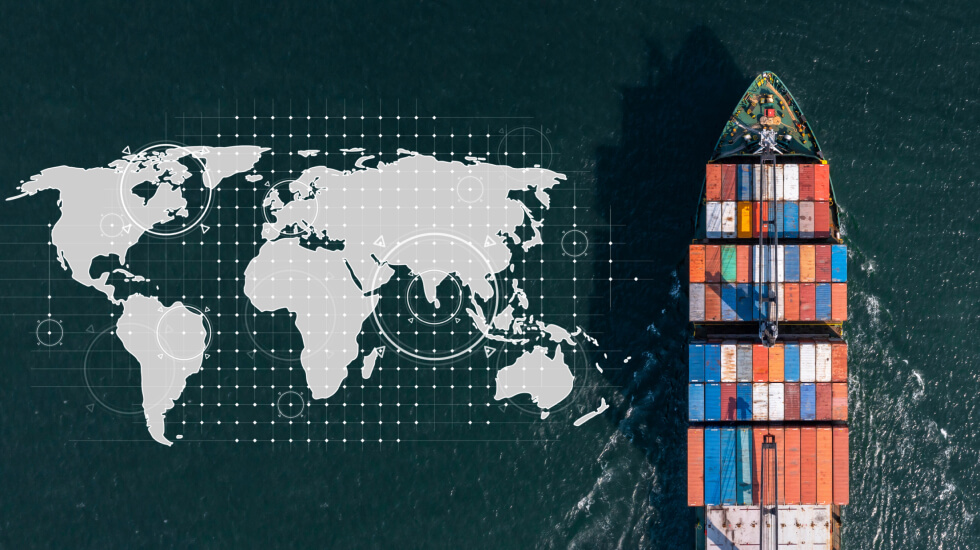


Cross trade, also known as triangular trade or third-party trade, refers to a type of international trade transaction where goods are bought and sold between two parties located in different countries, with the goods being shipped directly from the seller in one country to the buyer in another country, without passing through the seller's own country.
In cross-trade transactions, a third-party logistics provider or trading company typically facilitates the transaction by coordinating the movement of goods between the two parties involved. This can involve arranging transportation, handling documentation, and managing customs clearance procedures for the buyer and seller.
Cross-trade transactions offer several advantages, including the ability to access goods from different markets without the need for the buyer or seller to handle the logistics themselves. It can also enable cost savings and efficiency improvements by bypassing unnecessary transit through additional countries or intermediaries.
Overall, cross-trade transactions allow businesses to expand their global reach, access new markets, and capitalize on international trade opportunities with greater flexibility and efficiency.